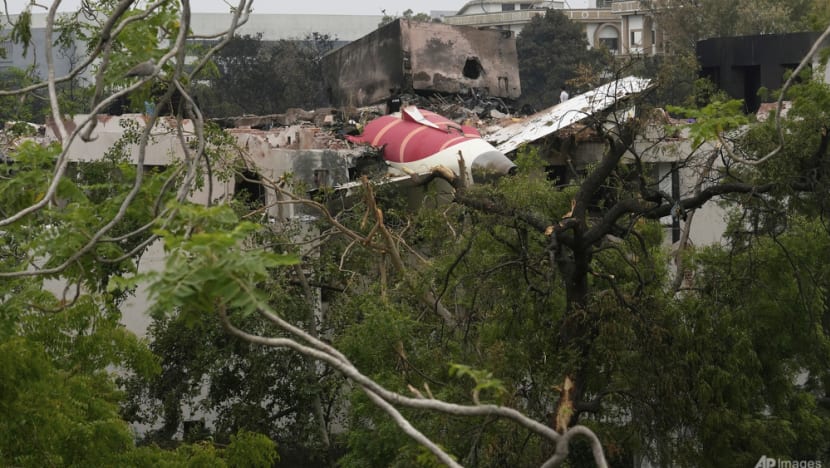

The aftermath of the tragic Air India crash in Ahmedabad, which claimed the lives of 241 people, has been marked by widespread speculation regarding the cause of the disaster. While it's natural to seek answers in the wake of such a devastating event, the rush to speculate can be problematic for several reasons.
Firstly, premature speculation risks spreading misinformation and causing unnecessary distress to the families and friends of the victims. Conjecture, especially when amplified by social media, can quickly take on a life of its own, potentially leading to inaccurate narratives that compound the grief and anxiety of those most affected. It is crucial to allow official investigators the space and time needed to conduct a thorough and objective inquiry, relying on factual evidence rather than unsubstantiated claims.
Secondly, speculation can potentially hinder the investigation itself. By creating a climate of preconceived notions, it can subtly influence the focus of investigators, potentially leading them down unproductive paths or causing them to overlook crucial evidence. A comprehensive investigation requires an open mind and a willingness to consider all possibilities based on the available data, not on popular theories circulating in the media or online.
Thirdly, the spread of unsubstantiated theories can damage public trust in aviation safety. When people are bombarded with various potential causes, ranging from pilot error to mechanical failure and even outlandish conspiracy theories, it can erode confidence in the safety measures and protocols that are in place to prevent accidents. This can lead to unnecessary anxiety among travelers and potentially harm the airline industry as a whole.
Currently, the investigation is focusing on several potential factors. Examination of the wreckage, black box data (including cockpit voice recorder and flight data recorder), and air traffic control communications will be critical. Investigators will likely explore the possibility of mechanical failure, examining the engines, wing flaps, and other critical systems for any signs of malfunction. Pilot experience and potential human error will also be carefully considered, along with weather conditions at the time of takeoff, including the high temperature which may have impacted the plane's ability to gain lift. Some experts have speculated about a possible bird strike or even a rare double engine failure.
It's important to remember that these are merely potential scenarios at this stage. The official investigation is a complex and meticulous process that requires careful analysis of all available evidence. Rushing to conclusions based on incomplete information is not only irresponsible but also potentially harmful. The focus should remain on supporting the investigators, respecting the grieving families, and awaiting the factual findings that will ultimately provide a clearer understanding of what caused this tragic event.